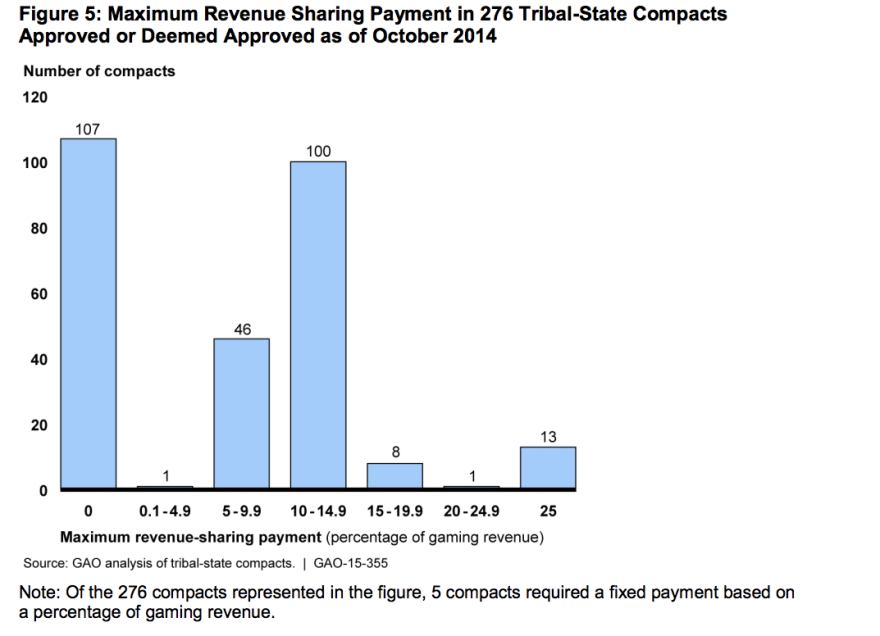Twenty-nine tribal leaders sent a letter to Gov. Stitt saying they “stand united” when it comes to Oklahoma’s Gaming Compact. The letter followed the governor’s announcement in early July that he wants to renegotiate the agreement, which allows tribes to operate casino games in exchange for giving the state a percentage of their revenue through “exclusivity fees.”
“To have that many tribes come together that quickly on a single position... I think that is remarkably significant,” said Stephen Greetham, General Counsel for the Chickasaw Nation. Chickasaw Gov. Bill Anoatubby is one of the letter’s signatories.
Oklahoma is home to 39 tribes, and 31 of them game. The letter was sent by the Oklahoma Indian Gaming Association, or OIGA, a trade group representing most of the gaming tribes.
Tribes currently pay exclusivity fees between four and ten percent, depending on the type of game. Stitt presumably wants a larger share of gaming revenue, but the tribes say they are opposed to that.
A Rocky Start
Stitt announced his intention to renegotiate the Gaming Compact in an opinion piece published by the Tulsa World on July 8. According to OIGA Chairman Matthew Morgan that was before the governor reached out to individual tribal leaders.
“I think tribal leaders were caught off guard,” Morgan said. “We're looking, I think, for him to maybe step back for a second… and then to talk to tribes on a government to government basis.”
Tribes have other objections, too.
Stitt claims the current compact will terminate on Jan. 1, 2020 unless a new terms are reached. The compact clearly states, however, that the agreement will renew automatically on that day with or without renegotion. Stitt also asserted that “most state-tribal compacts around the country provide for exclusivity fees to the state of 20% to 25%.” But a 2015 study by the Government Accountability Office shows that simply is not true.

What Now?
Tribal gaming was approved by voters in 2004, and it is a significant source of revenue for tribal governments in Oklahoma. It is also an economic driver for the state, according to OIGA’s most recent analysis. In 2016 the group reported their industry supported close to 28,000 jobs in Oklahoma.
“If you go around and talk to the tribal leaders, a phrase you'll probably hear pretty consistently is, ‘Why fix what isn't broken?’” Greetham explained.
In order for tribes to come to the table, Morgan says the state will need to offer them something “of value.” For example, in 2018, amendments to the compact allowed tribes to offer table games that were previously prohibited in exchange for a higher exclusivity fee. Greetham says offering access to online betting could be a conversation-starter.
Donelle Harder, a spokesperson for Gov. Stitt, issued the following statement Monday:
“The governor is meeting with and reaching out to our tribal partners. Conversations are ongoing, and the governor is confident we can come to an agreement that enhances opportunity for the tribes, as sovereign nations and partners, and continues to move Oklahoma forward to the benefit of all 4 million residents.”






